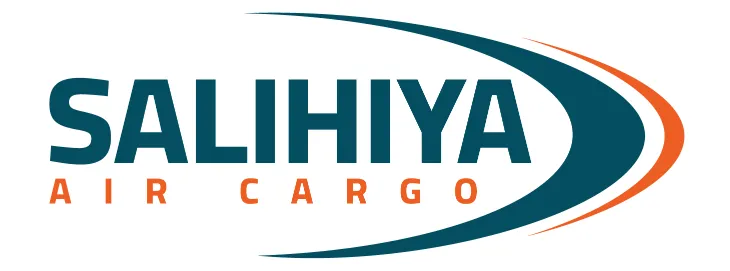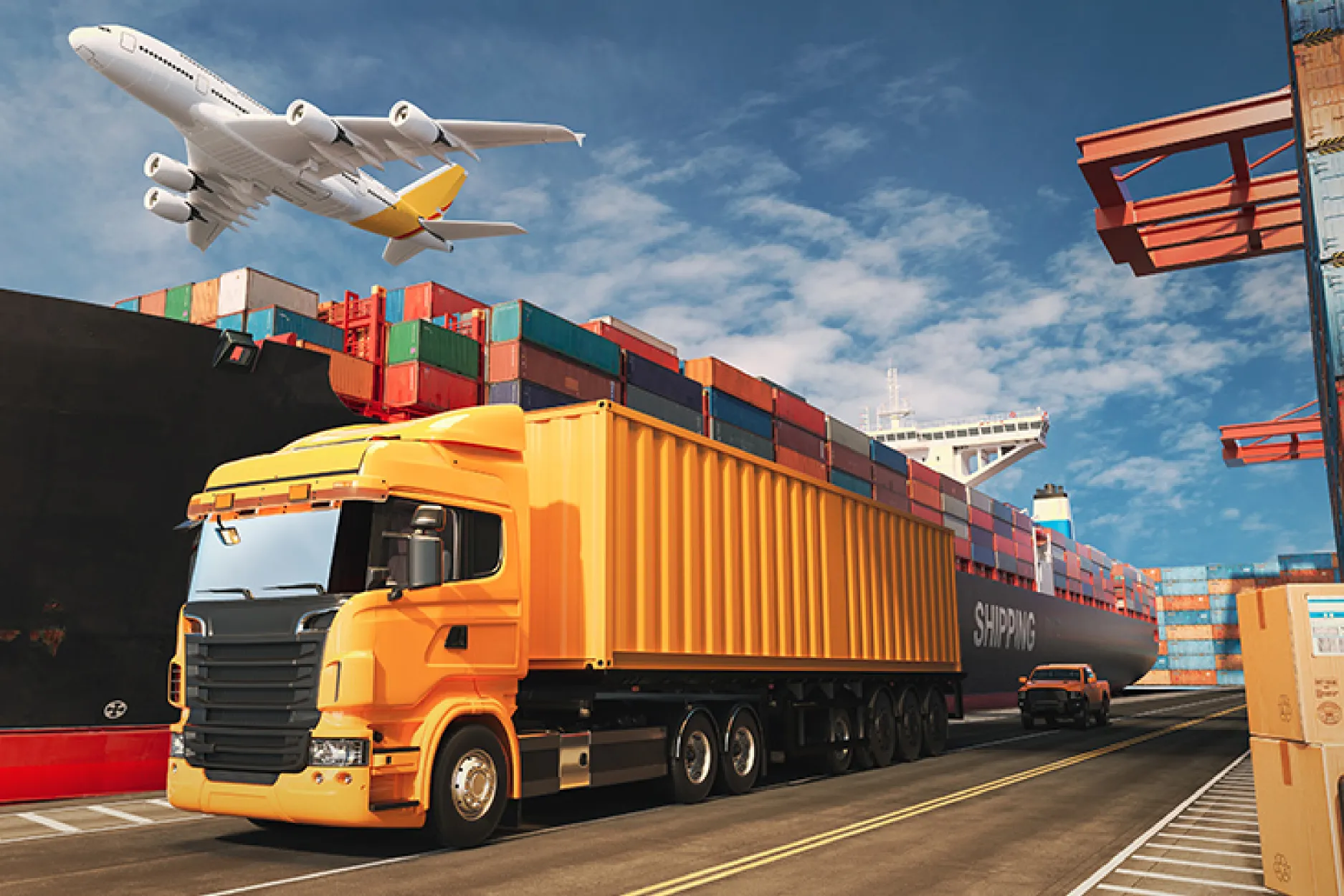In road freight, a distinction is made between full and partial truckloads. The established international abbreviations are FTL for Full Truck Load, LTL for Less Than Truckload, and PTL for Partial Truck Load.
LTL and PTL indicate that only a certain truck capacity is booked. The freight costs are thus shared with other companies that operate in the same way. PTL and LTL do not differ significantly. The main distinction is that with PTL, the cargo usually stays on the same truck from departure to the destination point, whereas with LTL, the carrier often heads to several loading and unloading locations. While LTL is the most economical option, it is typically also the slowest.
FTL is when an entire truck is booked. This truck then exclusively delivers the FTL customer’s goods from the starting point to the destination without intermediate loading. FTL is the best choice when either the volume of goods requires the entire cargo space, when you are in a hurry and want to exclude stopovers, or when you are transporting sensitive goods that should not be transported together with other cargo.
What Are the Advantages of Road Freight?
The main advantages of road freight arise from the fact that no other means of transport has access to a comparable infrastructure as trucks. Talking about inland transport, the road network is by far the largest transport infrastructure. This applies not only to East Africa but here in particular. Moreover, road freight is not dependent on logistical hubs such as ports, airports, or train stations, and there is hardly any destination for goods that is not accessible by road.
This also benefits the other modes of transport, be it water, air, or rail. In the vast majority of cases, they require additional road transport to get the goods from the (air) port or train station to the plant or warehouse or vice versa. The range and flexibility of road freight offer almost unlimited possibilities for getting goods from one place to another.


